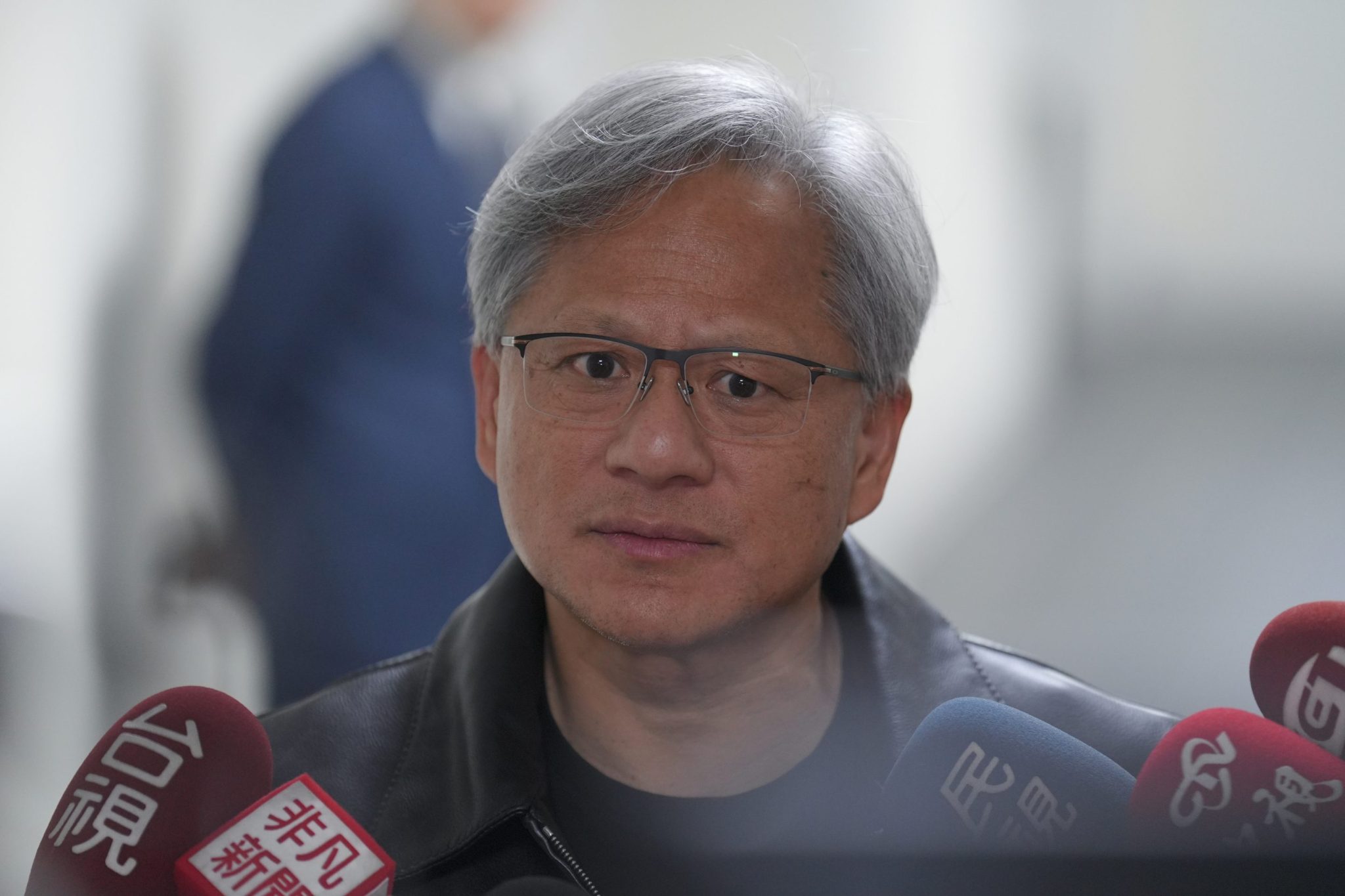
Nvidia is used to leading the pack, but it probably didn’t want to find itself wearing the “biggest-ever U.S. value drop in a single day” sash.
Yet that's the chip giant's new reality after its share price fell 9.5% yesterday, wiping a record $279 billion from the company's market capitalization. Nvidia’s share price is now nearly 16% lower since its fateful earnings report last week, when it revealed year-on-year revenue growth of a mere 122%.
As I wrote at the time, there was no inherent reason for Nvidia’s investors to take fright, other than the realization that Nvidia couldn’t keep rising forever. (The stock is still up by nearly 120% this year.) The wider AI sector, on which Nvidia depends for its business, still must really prove its worth. But nothing new has occurred on that front that should affect Nvidia’s stock one way or the other.
This latest plummet seems to have been triggered by weak U.S. economic data, perhaps tying in with investors deciding that now’s a good time to take profits on Nvidia’s rapid rise this year. The slide continued yesterday after the end of trading, likely a reaction to news that a U.S. antitrust investigation into the company is moving forward. (The stock fell around 2% when the market opened this morning, before recovering, possibly based on articles saying that OpenAI cofounder Ilya Sutskever's new company, Safe Superintelligence, has raised $1 billion that will largely be used to buy AI chips.)
As Bloomberg reported, the Justice Department has hit Nvidia with subpoenas for information, bringing a formal complaint closer. The allegations seem to be that the firm uses illegal anticompetitive tactics to cement its leading position in the AI chip sector, like retaliating against customers that also want to use the wares of rival chipmakers.
If Nvidia really is abusing its position in this way, then it deserves to see its stock drop—but we don’t know that yet. Still, Nvidia investors who had been attracted to the stock because of the company's lack of competition may be feeling a little less secure now. Whether investors’ jitters are justifiable, they’re there, and the wider chip sector is suffering as a result.
TSMC, the Taiwanese contract chipmaking powerhouse that makes Nvidia’s processors, fell 6.5% yesterday. Foxconn, another key Nvidia manufacturing partner, lost nearly 3%. SK Hynix, which makes high-bandwidth memory chips for Nvidia’s chipsets, was down 8% and its rival Samsung Electronics fell 3.5%. The ripples reached the rest of the tech world too, with Apple, Microsoft, and Meta all losing nearly 2% of their value, and Alphabet dropping nearly 4%. The overall S&P 500 was down 2.1%.
I still think it’s too early to call the end of the AI bubble—which is nonetheless coming—but even if Nvidia is being cut down to size a little, that could be a healthy development. As of a couple months ago, Nvidia accounted for over a third of all the S&P 500’s gains this year. And to some degree, that situation led to this one.
“One of the big risks is that you have this market concentration, and all it takes is those names to be volatile, for it to feed through to the entire market,” Justin Onuekwusi, chief investment officer at investment firm St. James's Place, told Reuters.
More news below.
David Meyer
Want to send thoughts or suggestions to Data Sheet? Drop a line here.







